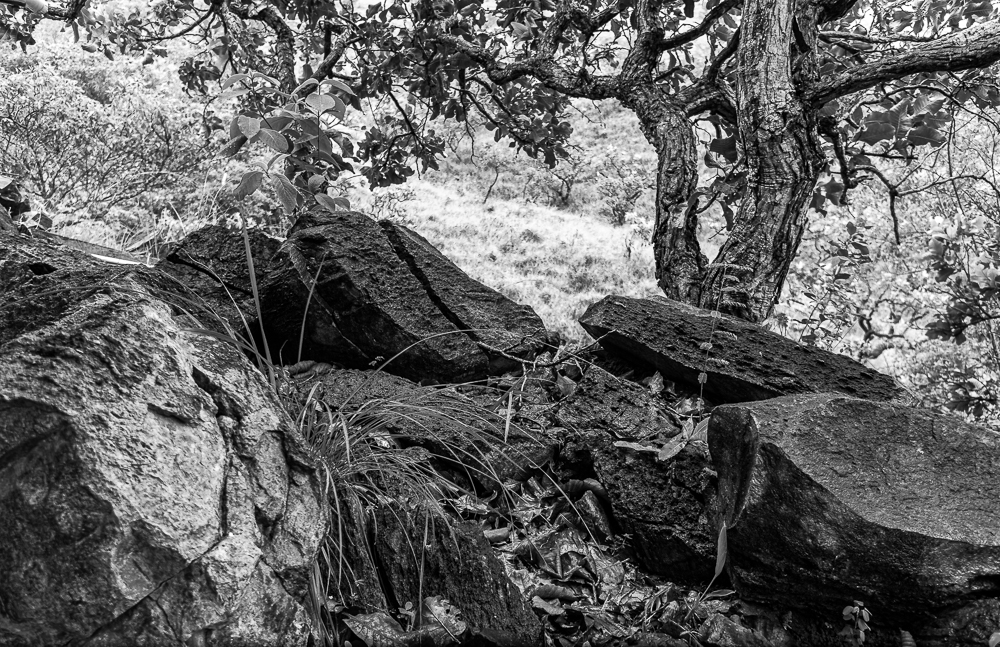The phrases ‘shared’ governance’ and ‘winner-take-all’ were introduced into Guyana’s political lexicon in the mid 1970s by the ever-resourceful Cheddi Jagan. At that time the PNC had given itself a two-third majority of votes and seats in the National Assembly at the 1973 general elections. It placed the PPP on the backfoot by the nationalization of the ‘commanding heights’ of the economy, long advocated by the PPP. The PNC developed political relations with China, Cuba and the non-aligned movement thereby exerting political pressure against the PPP, which had been demanding these policies. With continuing Cold War pressures assuring US support for the PNC, and its major policies adopted by the PNC, the PPP was in despair of ever overcoming the obstacles to political office.
Continue reading “A REVIEW OF SHARED GOVERNANCE AND WHAT IT COULD LOOK LIKE”DRAMATIC TURN IN US POLITICS
Kamala Harris, described as an American woman of African and South Asian heritage, is poised to be nominated as the presidential candidate of the Democratic Party in US elections to be held in November. In slow-motion, over two weeks and more, the effort of President Biden to seek a second term as President, amidst collapsing poll numbers, palpably frailty and a disenchanted Democratic Party base, finally forced him to recognize the unreality of his quest. “Watch me,” he said. But as America watched a crumbling campaign, they were perhaps reminded of the magician’s refrain – ‘the more you watch the less you see.’ Try as President Biden might, vital sections of the electorate could no longer see a way out of the dilemma of his falling support.
Continue reading “DRAMATIC TURN IN US POLITICS”THE CASE FOR A NEW VOTERS’ LIST
The voters’ list is created by law. It is extracted from the national register when an order is made by the Elections Commission. The national register is created pursuant to the provisions of the National Registration Act and under the supervision of the Elections Commission. In the past, the national register was compiled by periodic, house-to-house, registration. Some years ago, a system of continuous registration was implemented whereby registration takes place all the year round at fixed registration offices. This eliminated, as it was intended to, the need for periodic, nationwide, house-to-house compilation of the national register.
Continue reading “THE CASE FOR A NEW VOTERS’ LIST”DR. ASHA KISSOON IS A FRAUD WITH NO LEGITIMACY AS A PARLIAMENTARIAN
As the 2020 elections drew near, three new and small political parties, A New and United Guyana (ANUG), The New Movement (TNM) and Liberty and Justice Party (LJP), decided to enhance their chances of gaining representation in the National Assembly. Individually, each would have had to obtain approximately 5,000 votes to earn a seat. These parties felt that in the event that each did not reach that threshold, although some were confident that they would, they stood a better chance of gaining representation if they made use of the provisions of the Representation of the People Act (ROPA).
Continue reading “DR. ASHA KISSOON IS A FRAUD WITH NO LEGITIMACY AS A PARLIAMENTARIAN”THE ALLIANCE FOR CHANGE
The AFC burst on the political scene in 2005. Raphael Trotman and Khemraj Ramjattan, its main leaders, along with Sheila Holder, were leading members of the PNCR and PPP respectively. Supporters saw them as a welcome addition to the political scene that will break the duopoly of the two dominant political parties and reduce the drive for ethno-political dominance. Desite Guyana’s ethnic voting patterns, the AFC did exceptionally well at the 2006 elections, obtaining 8 percent of the votes. It took 5 seats from the PNCR, reducing the latter’s vote from 41 to 34 percent. It did not appear as if it affected the PPP/C’s votes. The PPP/C marginally increased its support from 53 to 54 percent.
Continue reading “THE ALLIANCE FOR CHANGE”





